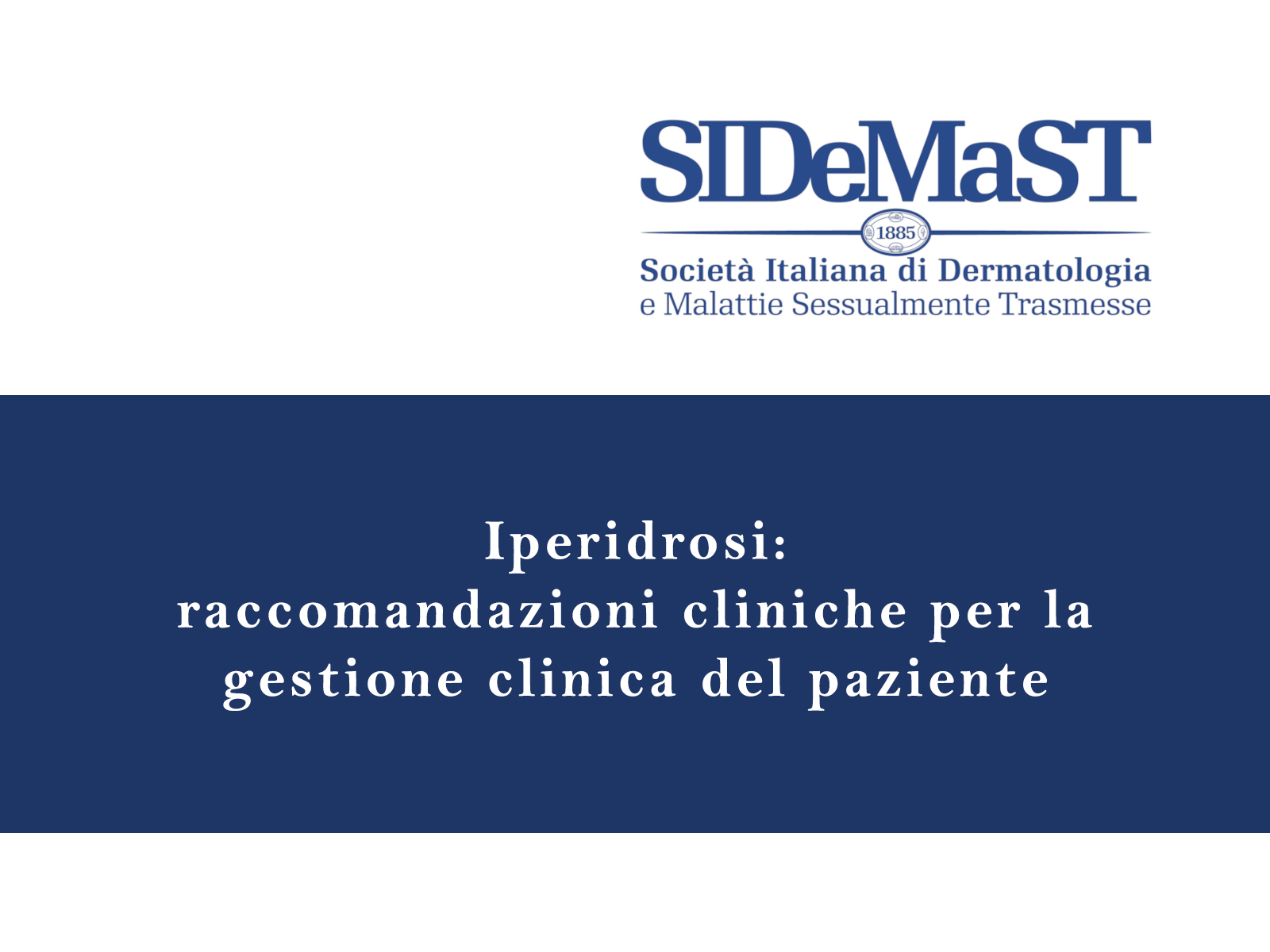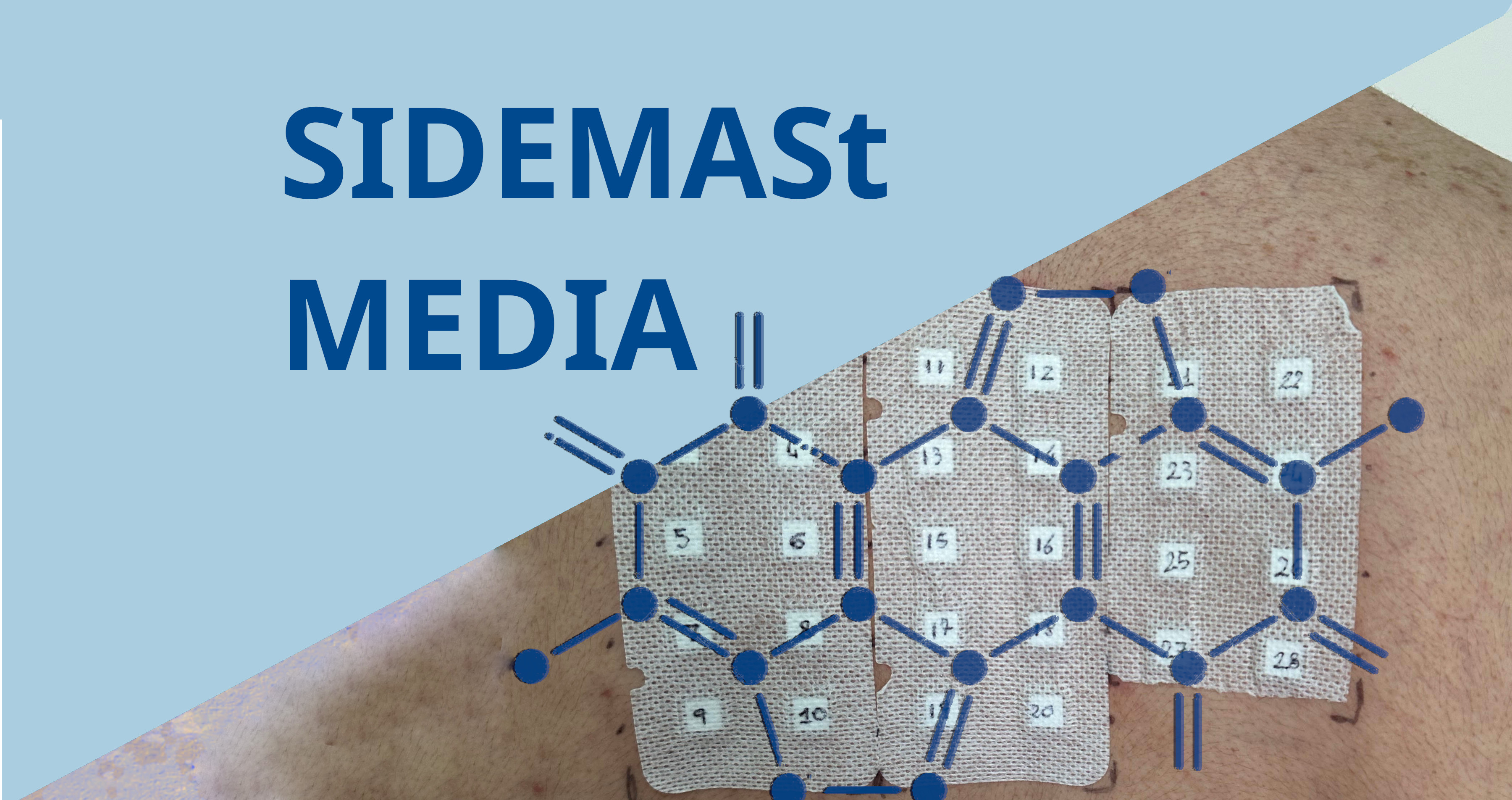A study published on June 10 in The Lancet shows that 40% of patients with psoriasis who were taking ixekizumab had a complete clearance of psoriatic plaques after 12 weeks of treatment and over 90% showed improvement in symptoms.
Ixekizumab is a monoclonal antibody - a cloned antibody - which neutralises the inflammatory effects of an interleukin (IL) a protein in the skin which carries signals to cells, known as (IL)-17A. This protein is increasingly becoming recognised as one of the causes of the characteristic red, scaly plaques of psoriasis which affect around 2% of people in the UK.
The study included 2,500 people with psoriasis. Half were given ixekizumab once every 2 weeks or once every 4 weeks. The other half were given a placebo or etanercept.
The ixekizumab groups showed quick and extensive improvements in their condition, outperforming the groups on placebo or etanercept. Around half of these patients showed improvement as early as week 4 of the trial and up to 71% had shown a high level of improvement, as measured by the Psoriasis Area and Severity Index (PASI), by week 12.
"The visible effects of psoriasis can have a major and life-ruining impact on peoplès confidence and self-esteem," said Chris Griffiths, MD, University of Manchester, Manchester, United Kingdom. "What we saw in this trial was not just the physical aspects of the disease clearing up, but people on the new drug also reporting a marked improvement in their quality of life as they felt more confident and suffered less from itching -- far more than in the other 2 groups."
"The objective for treating psoriasis has been to reduce the visible symptoms," he added. "But new drugs are fast showing us that a realistic goal for all patients should be attaining clear skin and this trial very much sets us on that path."










